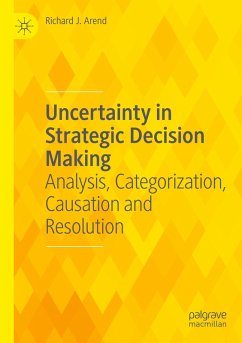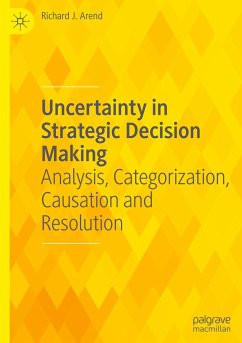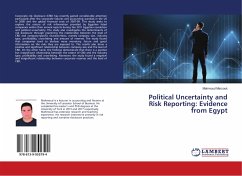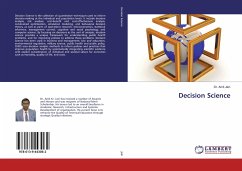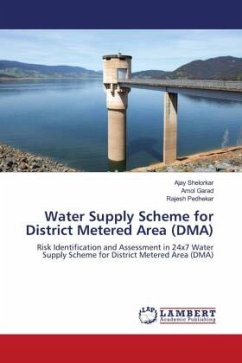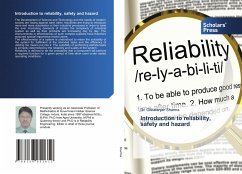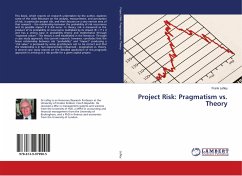
Project Risk: Pragmatism vs. Theory
Versandkostenfrei!
Versandfertig in 6-10 Tagen
36,99 €
inkl. MwSt.

PAYBACK Punkte
18 °P sammeln!
This book, which reports on research undertaken by the author, explores some of the wide literature on the analysis, measurement, and perception of risk, in particular project risk, and then focuses on a very narrow area of that research - the relationship between the probability of risk occurrence and its possible impact if it did occur. In theory, risk is measured as the product of its probability of occurrence multiplied by its impact (R = P x I) and has a strong base in probability theory and mathematics through "expected values". This theory is well established in the literature. Through ...
This book, which reports on research undertaken by the author, explores some of the wide literature on the analysis, measurement, and perception of risk, in particular project risk, and then focuses on a very narrow area of that research - the relationship between the probability of risk occurrence and its possible impact if it did occur. In theory, risk is measured as the product of its probability of occurrence multiplied by its impact (R = P x I) and has a strong base in probability theory and mathematics through "expected values". This theory is well established in the literature. Through a case study approach, this current research, however, concludes that the linear relationship between risk "probability" and "impact" producing a "risk value" is perceived by some practitioners not to be correct and that the relationship is in fact exponentially influenced - pragmatism vs. theory. A second case study reports on the detailed application of this pragmatic approach in arriving at a risk profile for a given capital project.



